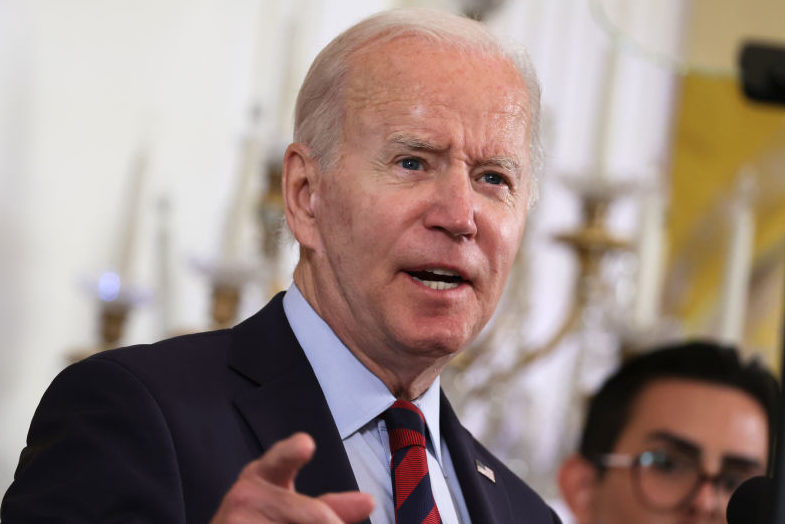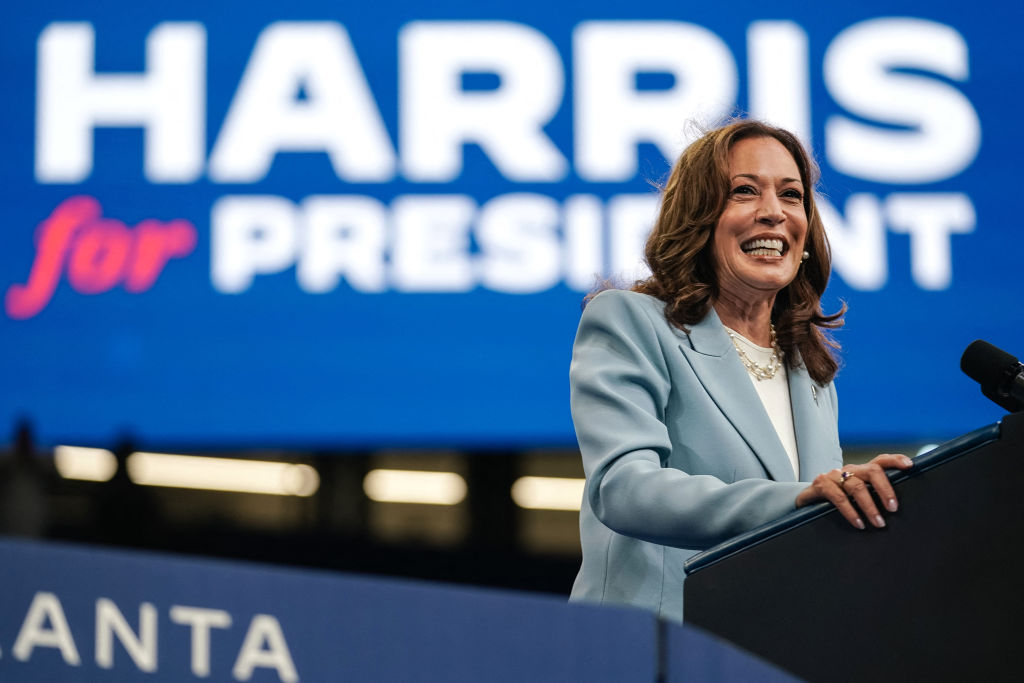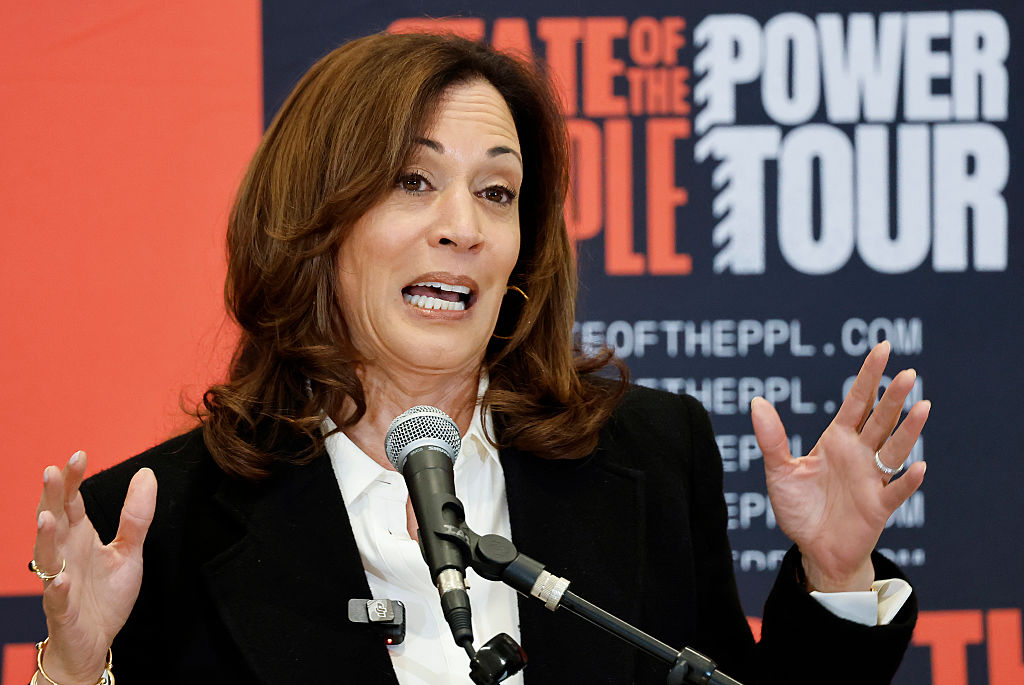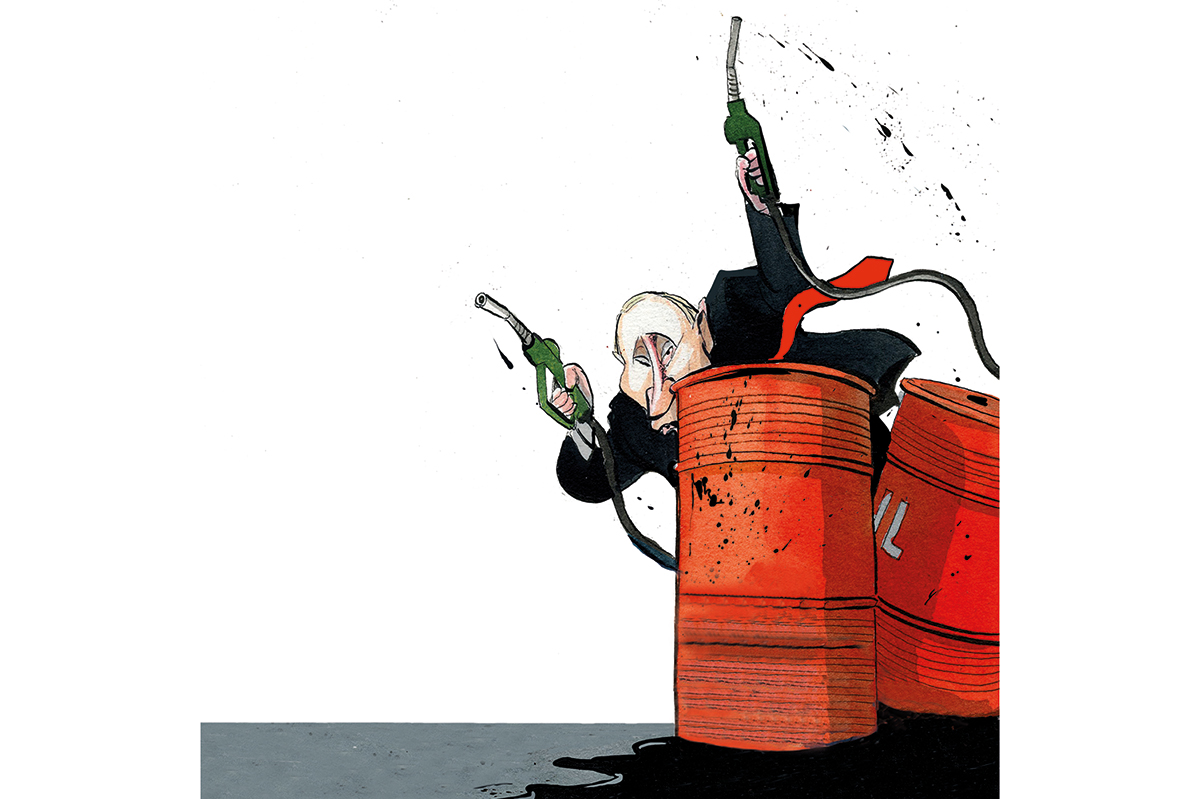Joe Biden promised on the campaign trail in 2020 that he would “transition away from the oil industry,” convert to 100 percent “clean” energy by 2035, and “end fossil fuels.” Shortly after taking office, he started to make good on this pledge by suspending all new gas and oil leases on federal property and ending the Keystone XL pipeline.
Now, faced with gas prices at a record high $5 per gallon and runaway inflation — aka the consequences of his own actions — Biden is looking for an off-ramp.
Somehow, the Biden administration has decided it can still convince oil companies to ramp up domestic production in the short term while simultaneously promising to adhere to the president’s ambitious climate change goals in the long term. It’s an illogical all-stick, no-carrot approach — and unlikely to inspire oil companies to go along with the new plan.
“Today, we need that supply increased,” energy secretary Jennifer Granholm said on CNN this week. “Of course, in five or ten years — even in the immediate — we are also pressing on the accelerator, if you will, to move toward clean energy.”
CNN host John Berman noted the inconsistencies in Granholm’s remarks, explaining, “These companies are saying, you know, you’re asking me to do more now, invest more now, when in fact, five or ten years from now we don’t think that demand will be there.”
What company would be idiotic enough to reinvest profits into what the current administration is planning to make a dying industry?
Meanwhile, oil refiners insist that they can’t just magically increase supply to the levels demanded by the Biden administration. Many refineries are undergoing seasonal as well as unplanned maintenance, oil reserves are low due to a pull-back on production during the first year or two of the pandemic, the war between Russia and Ukraine reduced supply, and many refineries went offline entirely because of the pandemic and/or natural disasters. It would take a lot of investment and a little bit of time to get things back on track.
But Biden blames the record high profits for oil refiners on corporate greed rather than an amalgamation of undue circumstances and is threatening these companies with emergency powers if they don’t boost supply.
“I understand that many factors contributed to the business decisions to reduce refinery capacity, which occurred before I took office,” Biden wrote in a letter to refinery companies.
“But at a time of war, refinery profit margins well above normal being passed directly onto American families are not acceptable.”
Sure, oil companies are certainly enjoying big profits, especially after several years of consumer demand being suppressed by lockdowns. However, it doesn’t stand to reason that refineries are intentionally choking supply to drive up prices. If that were the case, some suppliers could take advantage by ramping up their production and undercutting their competitors. This would give them greater market share and, presumably, higher profitability.
Biden’s antagonistic relationship with domestic oil producers means, ultimately, he cannot rely on them and vice versa to alleviate the gas price hike. Instead, Biden plans to beg the Saudis for more oil. On the campaign trail, Biden said he was going to make Saudi Arabia “pay the price” and turn them into a “worldwide” pariah for their alleged killing of journalist Jamal Khashoggi. Now he is apparently treating them with greater respect than American companies.
It’s unclear why Saudi oil is any different than American oil. Perhaps it has magical properties that make it incapable of contributing to climate change?
If Biden were a serious president, he would stop his war with American oil companies and encourage long-term investment in domestic production rather than trying to have his cake and eat it too. This approach would alleviate the national security concerns inherent in relying on the Middle East for supply and help bring down costs for American families.

























